


Union Law Minister Arjun Ram Meghwal introduced two bills in Lok Sabha proposing simultaneous Lok Sabha and state assembly elections in the country. The bills, officially known as the 'Constitution (One Hundred and Twenty-Ninth Amendment) Bill, 2024' and 'The Union Territories Laws (Amendment) Bill, 2024', faced stiff opposition from the opposition parties, with many calling for the bills to be sent to a Joint Parliamentary Committee for further consultations. However, the bills, if passed, will align the elections of union territories of Jammu and Kashmir, Puducherry, and Delhi with Lok Sabha and state legislative assembly polls.
Background
India has a complex electoral system with elections held at multiple levels, including national (Lok Sabha), state (Vidhan Sabha), and local (municipal bodies). The current system of staggered elections has several disadvantages, including:
To address these challenges, the Government of India has proposed the "One Nation, One Election" bill, which aims to synchronize the Lok Sabha and state assembly elections. The bill was introduced in the Lok Sabha (lower house of Parliament) on December 2, 2024, by Union Law Minister Arjun Ram Meghwal.
Key Provisions of the Bill
Opposition to the Bill
The bill has faced stiff opposition from opposition parties, who raise concerns about:
Top 5 FAQs
1. What is the main objective of the One Nation, One Election bill?
To synchronize the Lok Sabha and state assembly elections in India, reducing election costs and disruptions to governance.
2. How will the bill change the election schedule?
The bill will allow the Election Commission to determine the dates for both Lok Sabha and state assembly elections, which will be held simultaneously in all states and union territories.
3. Why are there concerns about the bill?
Opposition parties fear it will violate federalism, reduce states' autonomy, and lead to electoral fatigue.
4. Has any such bill been introduced in the past?
Yes, the Law Commission of India recommended the same in its 170th report in 1999. However, the bill never became a law.
5. What happens if the bill is passed?
If passed by Parliament, the bill will become law and the provisions for simultaneous elections will come into effect. However, the final outcome of the bill is uncertain as it requires the support of two-thirds of the members of each house of Parliament.
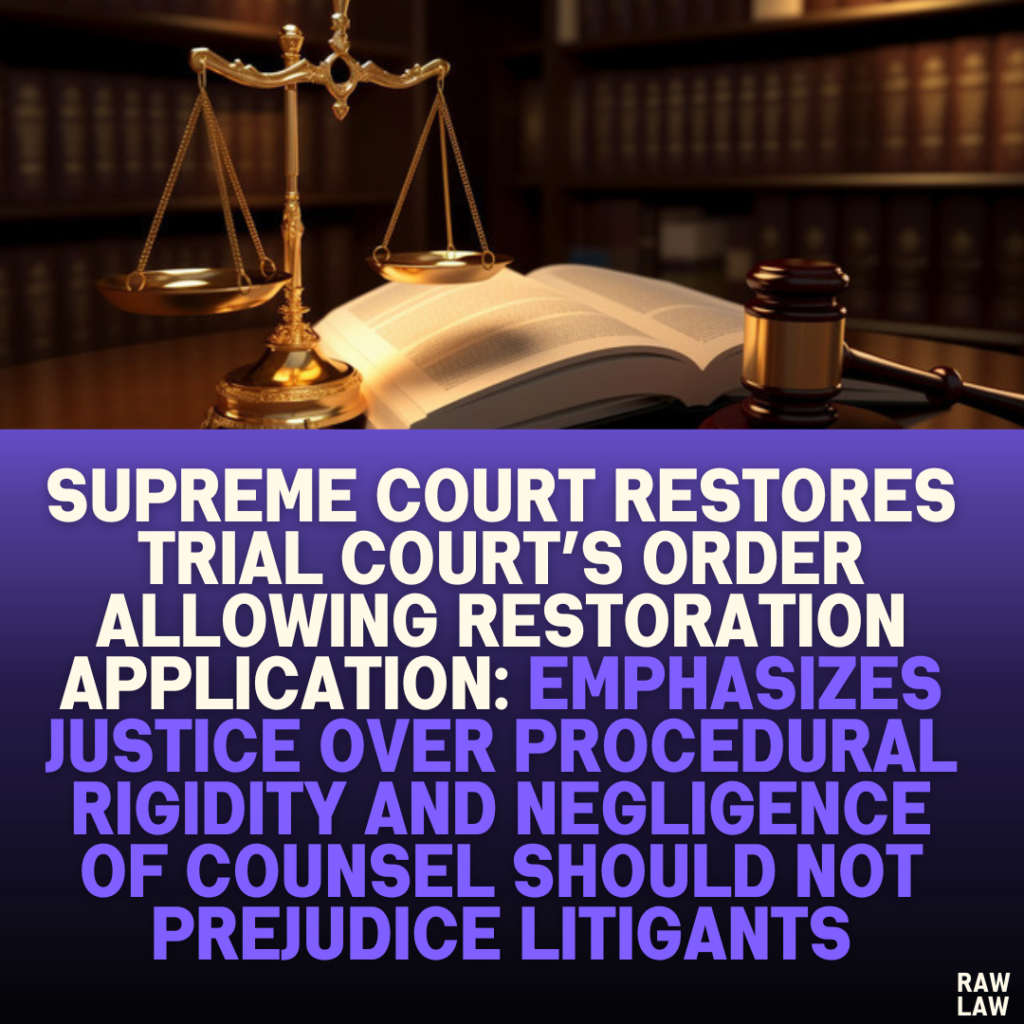
The Supreme Court on Friday set aside the Delhi High Court's order to delete a Wikipedia page on an ongoing defamation case between Asian News International (ANI) and Wikimedia. The bench reiterated the principle that courts should be open to public observation and welcome constructive criticism, and that media reporting about judicial proceedings cannot be curbed lightly. The Court also cited past judgments highlighting the importance of public scrutiny and gaze as a check against judicial caprice and maintaining public confidence in the administration of justice.
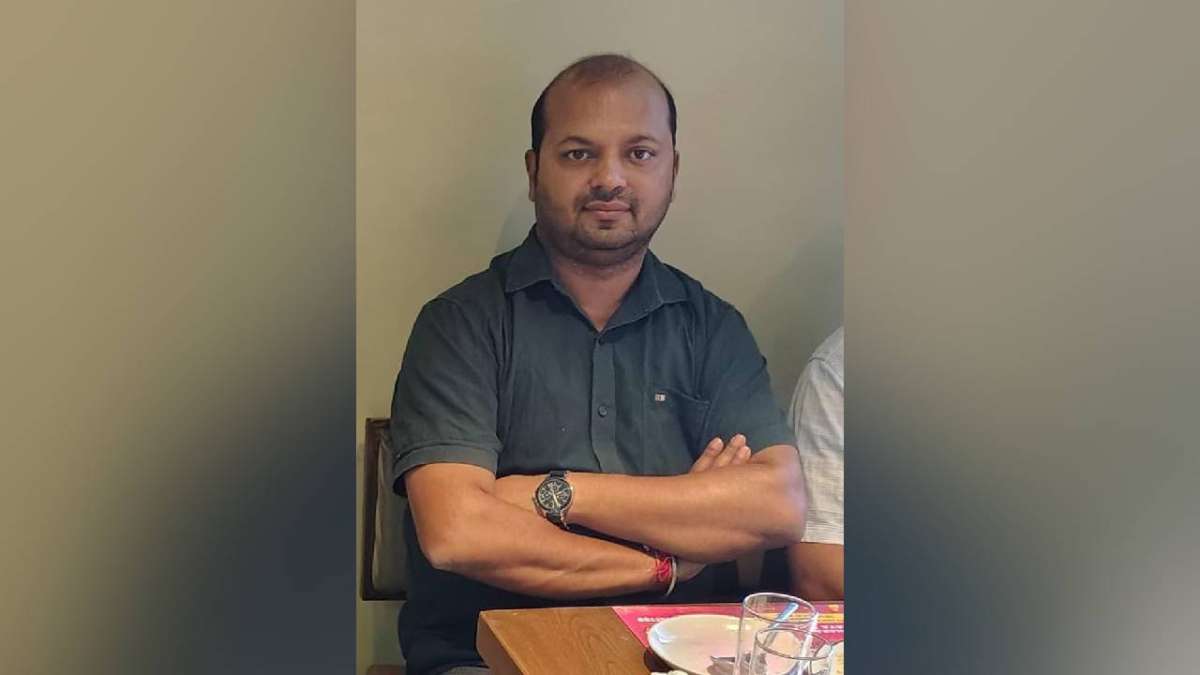
As the nation mourns the victims of the Pahalgam terror attack, retired Brigadier Deep Bhagat, a gallantry award-winning Indian Army veteran, has called for unity. In a video posted by his son, content creator Anish Bhagat, Brigadier Bhagat warned against falling into the trap of communal divide, which he claims is the goal of the perpetrators behind the massacre. He emphasized the need for Indians to stay united in the face of such tactics. The inspiring video has garnered over 4.5 million views and has received praise for the retired officer's wise words.
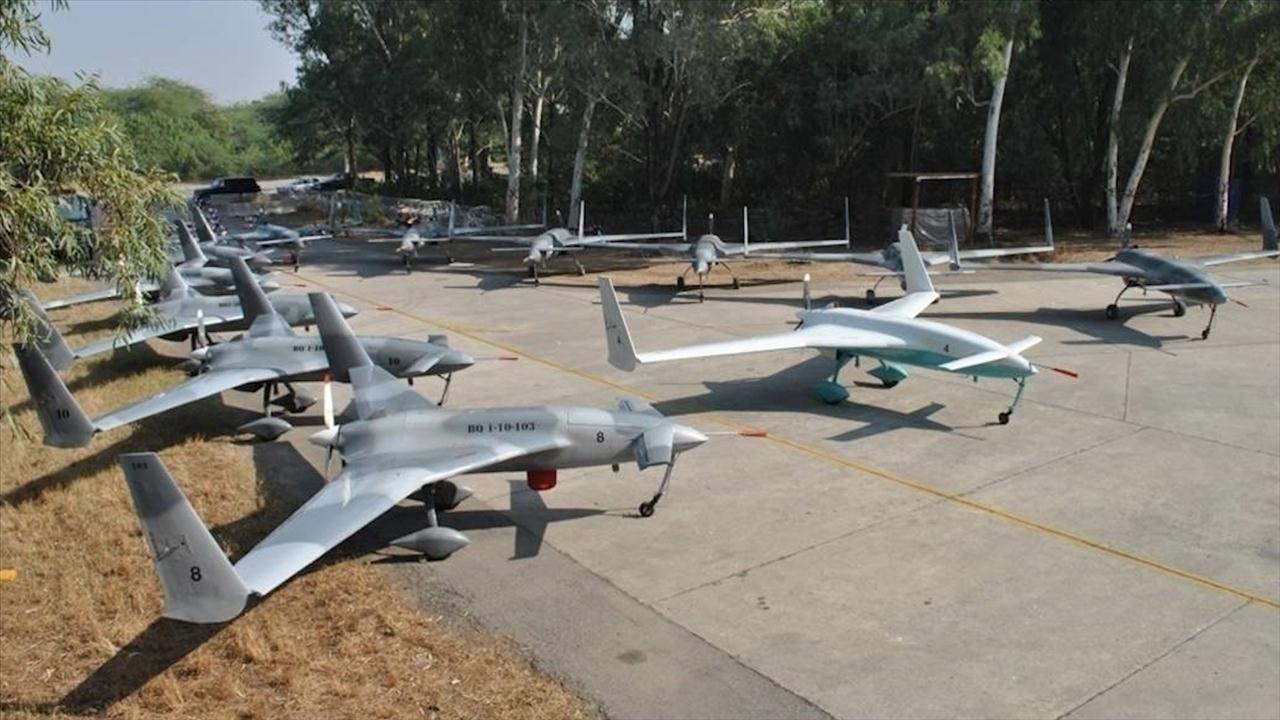
In response to Pakistan's escalating actions along India's western borders, the Indian Army launched Operation Sindoor and neutralized nine terror camps in Pakistan and Pakistan-occupied Kashmir. In the wake of Pakistan's drone attacks, the Indian Army has demonstrated its robust air defense systems and declared zero tolerance for any violations of India's sovereignty. Fragments and debris of an unidentified projectile were also recovered from Punjab and Rajasthan, indicating the aggressive intentions of Pakistan.
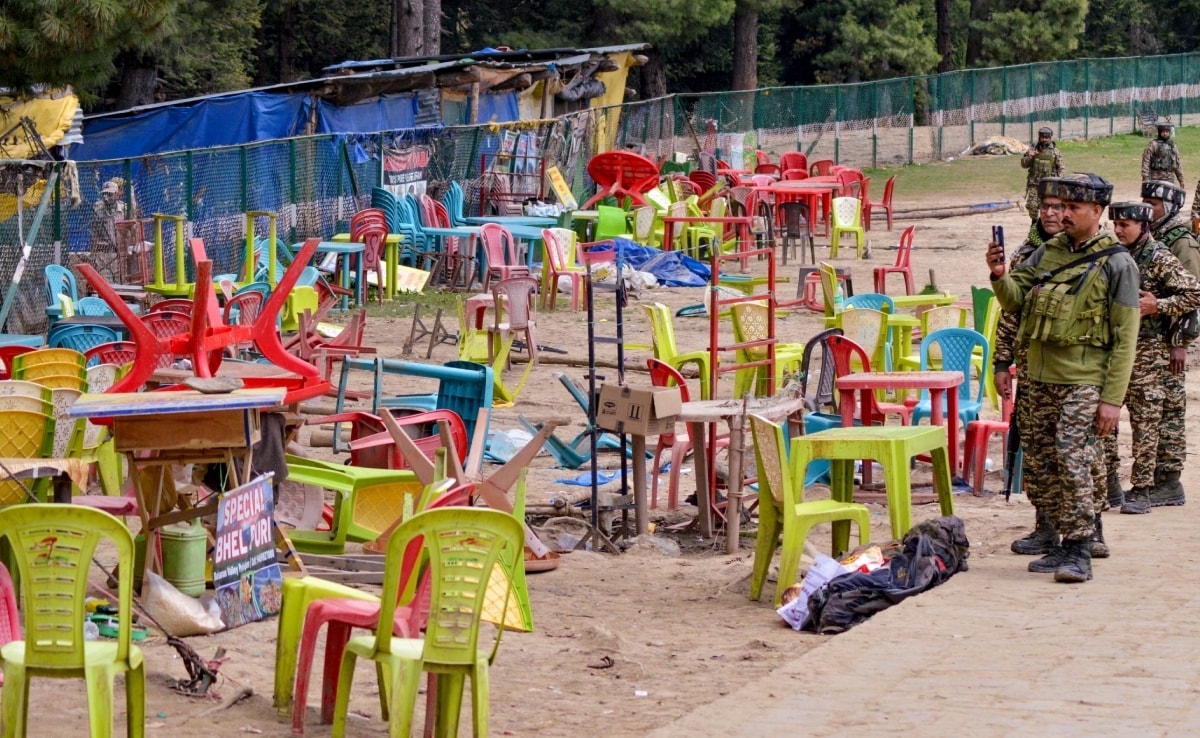
After the deadly terrorist attack in Pahalgam that claimed the lives of 27 civilians, including tourists, speculation is rife about India's response. It is reported that India may carry out surgical strikes and airstrikes against Pakistan. However, former Commander of the Srinagar-based Chinar Corps Lt Gen Devendra Pratap Pandey (Retd) cautions against this move, stating that Pakistan is looking for escalation to divert attention from its internal and economic problems. He suggests exploring other options for punishment that will target the culprits behind the attack.

On Saturday morning, India retaliated against Pakistan as the latter continued to launch airstrikes and use drones to attack military installations in multiple cities. In the early morning escalation, a senior official from Jammu and Kashmir, Raj Kumar Thapa, tragically lost his life due to a shell hitting his house. The CM has expressed his condolences and urged people to stay indoors amidst the ongoing conflict. Reports indicate that PAF has suffered losses during the engagement and the government is set to hold a briefing on the attacks.

Members of the Kashmiri Pandit Association and the Jammu and Kashmir Dogra Samaj gathered in Mumbai to honor and mourn the Hindu civilians brutally killed in Pahalgam, Kashmir. The community representatives stated that the victims were targeted solely for their religious identity, reigniting concerns about minority safety in the conflict-prone region. The attendees stood in silence, holding placards and candles, to remember the victims and to demand justice and protection for vulnerable communities. The organizers emphasized the need for national unity and called upon authorities to take swift action against such attacks. They also stressed the importance of civil society standing up against communal violence through peaceful but firm action.

The Indian government has announced the implementation of a demerit point system for traffic violations, in an effort to reduce road accidents. Under this new system, drivers will receive demerit points for infractions such as speeding and running red lights, with accumulation of too many points potentially leading to suspension or cancellation of their driving licence. This initiative is part of a larger plan to improve road safety measures in India, which have come under scrutiny due to the high number of traffic-related deaths.
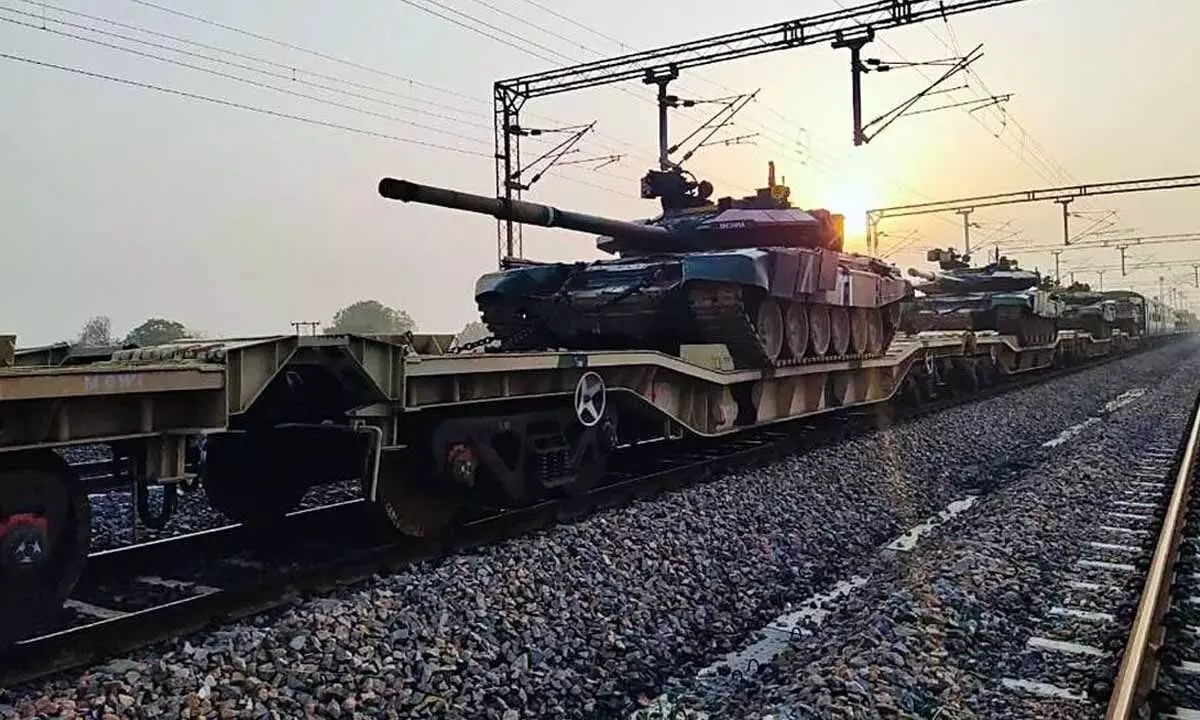
In the midst of escalating tensions between India and Pakistan, the Indian Railway Ministry has issued an advisory to its employees, cautioning them against sharing confidential information about military train movements with unauthorized persons. This comes as a response to possible attempts by Pakistani intelligence agencies to seek information about such movements. The advisory highlights the gravity of the situation and urges railway officials to be vigilant and not disclose any information to unauthorised individuals.
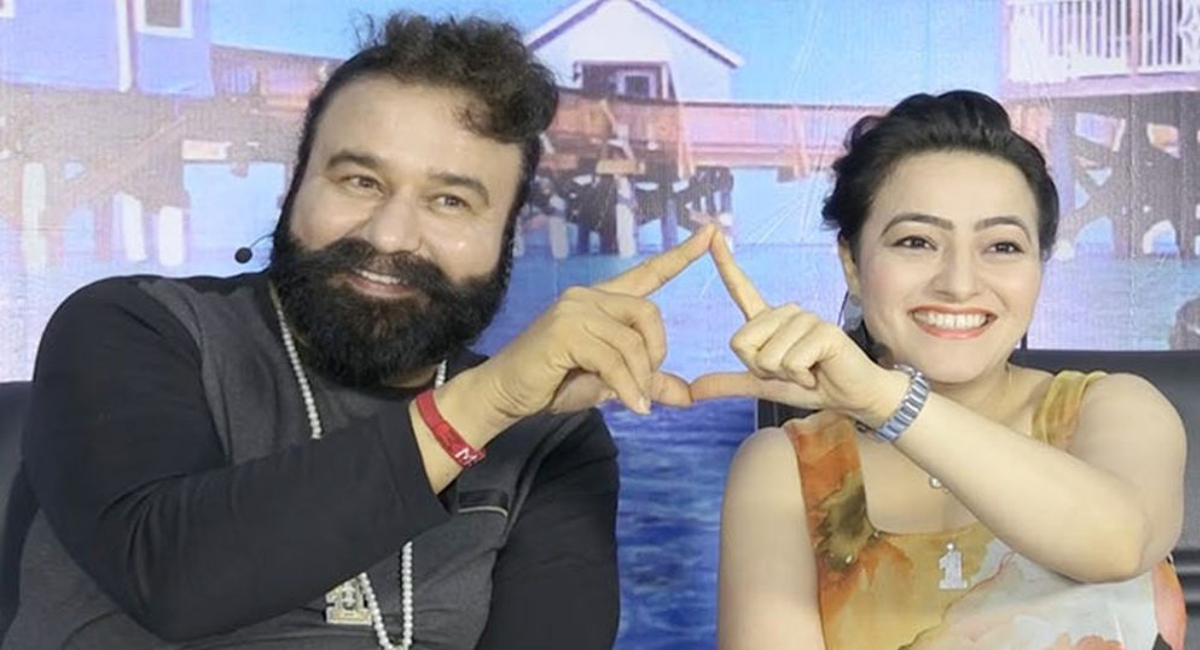
In the aftermath of the conviction of Dera Sacha Sauda chief Gurmeet Ram Rahim, a series of events have unfolded. Punjab's Chief Minister condemned Haryana's CM for blaming Punjab, Indian Film and Television Directors' Association canceled the Dera Chief's membership, and Twitter has frozen his official account. Additionally, his son has been appointed as the executive manager, leading to more speculation about the Dera Sacha Sauda's influence and power. The riots that have occurred in northern India since the conviction only further highlight the chaos surrounding this controversial figure. With the Dera Chief's influence on politics and the masses, it is clear that his actions have long-term consequences.
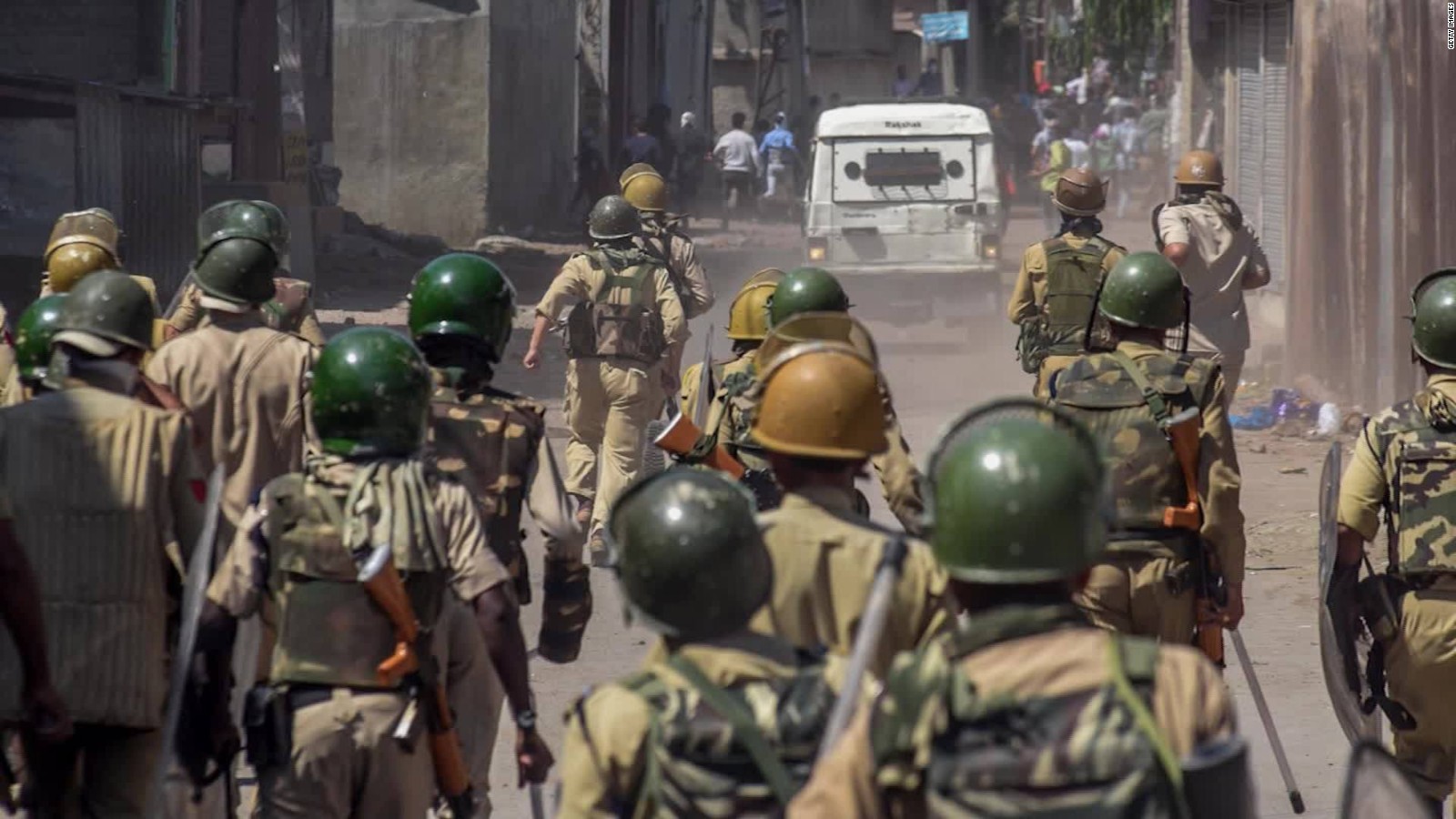
In a closed-door consultation, the UN Security Council discussed the recent terror attack in Jammu and Kashmir and called for de-escalation between India and Pakistan. The meeting, called by Greece, did not result in a statement, but Pakistan claimed its objectives were "largely served". The UNSC President described it as a "productive and helpful" meeting, while Pakistan's Permanent Representative stated that their objectives of having a discussion on the situation and the need for dialogue were achieved.